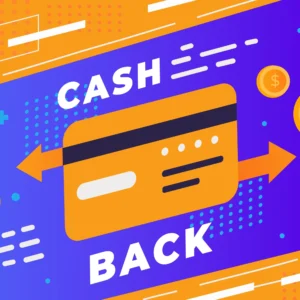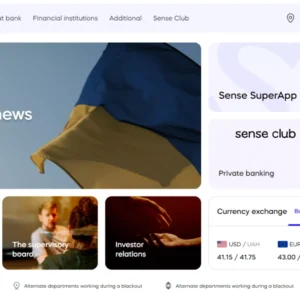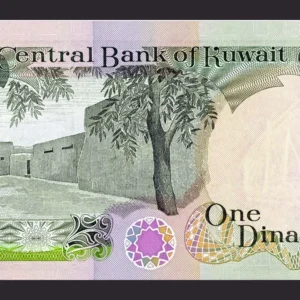If you think you’ve never encountered vishing, you might have simply overlooked it. We’ve all received strange emails or messages urging us to click on a link. This is known as phishing. Vishing is similar, but it involves fraudulent phone calls to extract sensitive information.
Understanding Phishing, Smishing, and Vishing
These are various types of scams designed to trick unsuspecting individuals into revealing personal data. Commonly, scammers seek to obtain:
- Passwords for social media, messenger accounts, email, and websites
- Bank card numbers and CVV codes
- Private keys from crypto wallets
- Passport details, tax identification numbers, and addresses
The technique involves persuading a person to voluntarily provide confidential information, either by entering it on a fake website or trusting it to “security personnel.”
This type of fraud is so prevalent that it has several subcategories. The main types include:
- Phishing. Extracting confidential information via email. Victims are lured into clicking a link and entering personal data. The bait could appear as an email from a bank or a popular online store. The email typically includes a link with urgent prompts to verify details, claim a discount or gift, or participate in a promotion.
- Smishing. Extracting information via SMS. Though fewer people use text messages nowadays, banks still send them frequently. The message might mimic a withdrawal alert, urging you to click a link or call a number if you did not initiate the transaction. The link leads to a fake site, and the number connects to a skilled scammer posing as a bank employee.
- Vishing. Extracting data through voice communication. Vishing is one of the most insidious and effective scams. Unlike reading an email, a live conversation with a scammer can pressure someone into compliance. This type of fraud is especially effective against the elderly or busy individuals who might respond automatically.
You should also read: What is Car Leasing, What Types Exist, and How Does Leasing Work?
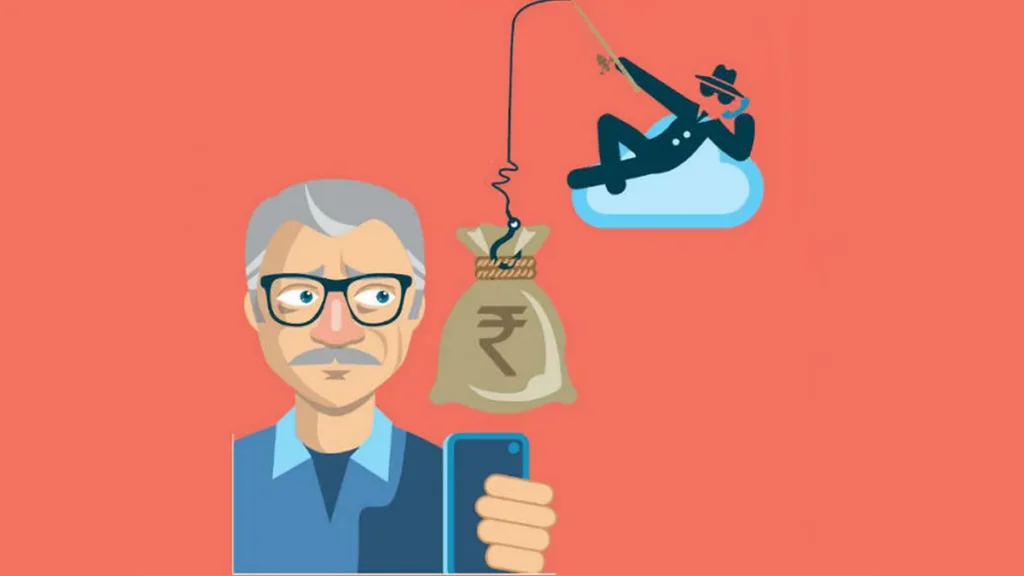
Vishing – How to Protect Yourself
It’s challenging to maintain composure during a fraudulent phone call. That’s why vishing is so effective. By knowing what to expect from such criminals, you can prepare for their tactics. Here are the most effective ways to counter vishing:
- Be cautious of calls from unfamiliar numbers and consider using an app that identifies callers.
- Avoid answering any questions over the phone. Scammers often start with innocent questions to gather your name or check if it’s convenient to talk. Instead of answering, ask who they are and say you will contact the bank or institution yourself.
- Do not follow any instructions from the caller, such as installing apps, photographing your card, or transferring money to a “safe” account.
- Avoid calling back numbers provided by the caller. Genuine contact numbers for banks and important institutions are available on their official websites.
- Never share banking details, passwords, PIN codes, or any numbers received via SMS. It’s safer to remain silent.
- Ignore calls from automated systems.
- If a call from a bank seems suspicious, hang up and find the bank’s real number on their website or your card, then call back to verify if the call was legitimate.
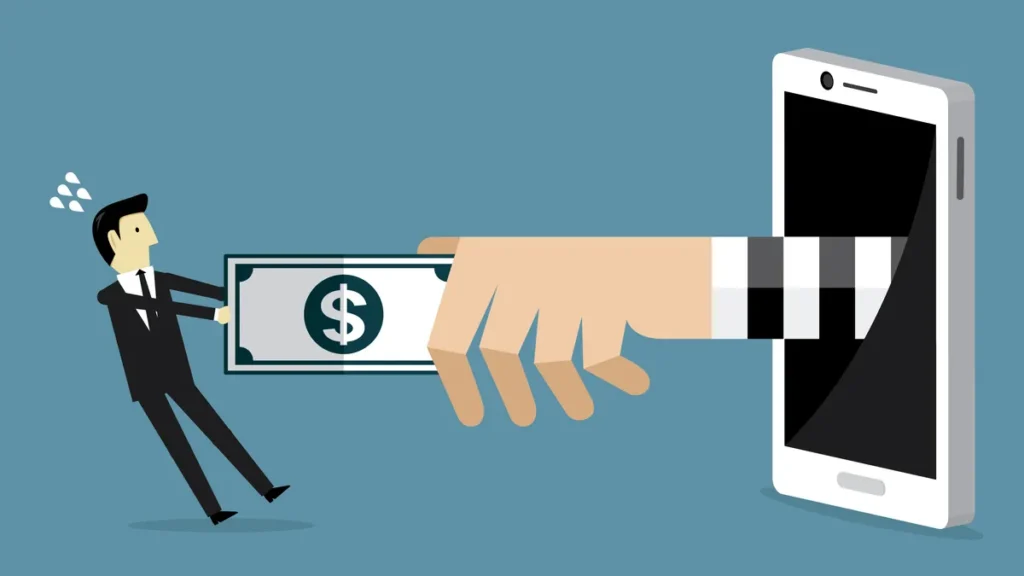
What If Vishing Succeeds?
No amount of knowledge or preparation can fully prevent the risk of saying something you shouldn’t. If you realize you’ve divulged sensitive information, take these steps immediately to minimize damage:
- Block your card immediately. You can do this via online banking or by calling the number on the back of your card.
- Report to cyber police through their electronic complaint system.
Vishing – How Scammers Steal Money from Cards (Video)
Vishing is a preferred method for scammers. Their understanding of psychology and ability to manipulate people help them extract confidential data during phone calls. To learn more about vishing and how to protect yourself, watch this video:
Conclusions
Phishing is a scam that involves extracting confidential data from individuals. One of the most common and effective types is vishing, where criminals impersonate bank employees over the phone. It’s possible to prevent vishing, but it requires awareness, preparation, and a calm demeanor.
FAQs about Vishing
Not always. Banks do occasionally call to inform you of new services. However, if the caller asks for your PIN, CVV code, or other sensitive details, it’s vishing.
Throughout the war, every Ukrainian bank has faced hacker attacks, and none have asked clients to transfer funds elsewhere. If someone requests this, it’s vishing.
Possibly not. However, it’s safer to ignore the link and visit the store’s website directly for accurate information.
Phishing involves fraudulent emails to extract data, while vishing is done through phone calls.






